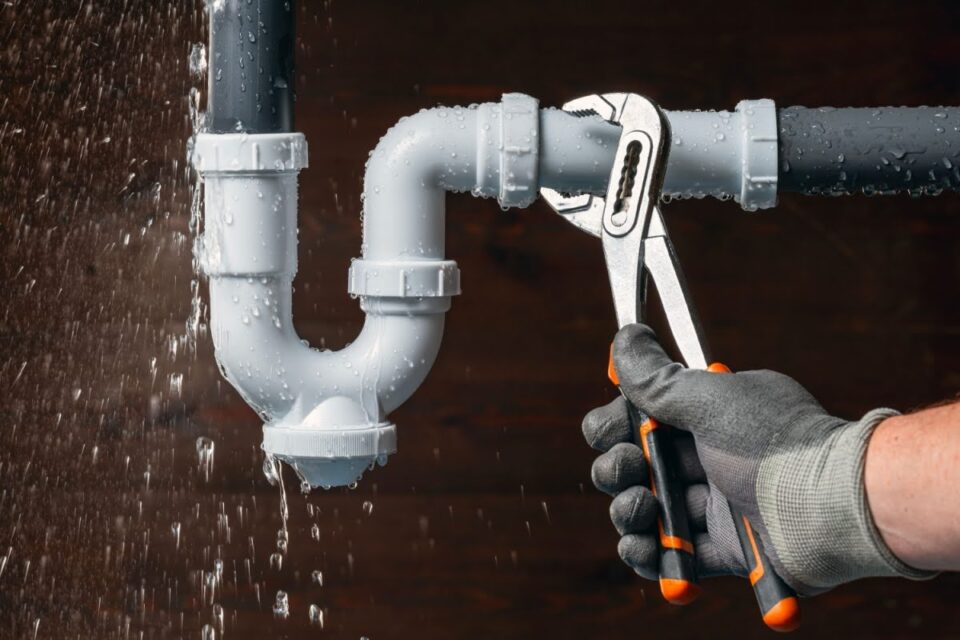Has your air conditioner or furnace started to sound like it’s auditioning for a role in a horror film? Maybe you’ve noticed clanking, banging, or even a strange screech that makes you jump every time the system kicks on. While these noises are certainly annoying (and at times alarming), they should never be ignored. Odd sounds coming from your HVAC system are often just the tip of the iceberg.
To help you better understand your system, let’s explore some of the most common noises HVAC units make, what they may mean, and what you can do about them.
Common HVAC Noises and What They Mean
Your home’s heating and cooling system is a complex piece of machinery with many moving parts, and it only takes one of these parts to fail for the whole system to suffer. In many cases, you will notice your air conditioner or furnace start to produce an unusual or persistent sound when something isn’t quite right. The specific sound the unit makes can typically provide a clue to what’s wrong.
Banging or Clanging
If you hear loud banging or clanking noises, it’s often a sign that a part inside your system has come loose. In furnaces and air handlers, this could mean a blower wheel is out of balance or that a connecting rod or piston pin has broken. In air conditioners, it could be a loose fan blade knocking against other parts of the system. Occasionally, the noise could be related to loose or damaged ductwork.
Rattling
A rattling noise can be maddening, but you can take some comfort in knowing that this sound is often less alarming than banging. In most cases, it signals that a screw, bolt, or panel is loose and vibrating when the air conditioning unit or furnace is running. Other times, it could be a sign of debris stuck inside the system.
Popping or Booming
If you hear a loud pop or boom when your furnace ignites, it’s usually caused by delayed ignition. Gas builds up in the combustion chamber before finally igniting all at once, creating that jarring sound. Not only is this process loud and unsettling, but it can also crack your furnace’s heat exchanger, creating a potential carbon monoxide hazard. Contact your local technician for an emergency HVAC repair right away if you hear these sounds.
Squealing or Screeching
High-pitched noises like screeching or squealing often indicate a problem with belts or bearings. For older systems, belts may have worn down or slipped out of alignment. In newer systems that don’t use belts, squealing can indicate motor bearing issues. Because these parts are critical for keeping your system running smoothly, you will want to have a technician address the problem as soon as possible. After all, if the bearings seize or the belt snaps, your system may stop working entirely.
Buzzing
A buzzing sound from an HVAC system often points to electrical issues, such as loose wiring or a malfunctioning contactor relay switch. It can also come from a failing fan motor, loose fan blades, or even a dirty condenser coil.
Since the buzzing noise is often associated with an electrical issue, you should never ignore this problem. Otherwise, you could risk system failure and an electrical fire. Contact a professional for an electrical repair right away if you hear anything resembling buzzing.
Hissing
A hissing HVAC noise usually means one of two things: air is escaping from your ductwork, or refrigerant is leaking from your AC system. If the problem is related to your ductwork, you’re wasting conditioned air, which leads to higher energy bills. If it’s refrigerant, the issue is more serious, as refrigerant leaks reduce efficiency, can damage your compressor, and may pose health risks.
Whistling
Whistling noises often mean there’s restricted airflow. The sound can sometimes be traced back to something as simple as a dirty air filter, or it could be caused by ductwork that’s too small, blocked, or leaky.
Since restricted airflow forces your system to work harder (which, in turn, increases energy use and shortens the lifespan of your HVAC unit), you will want to replace your system’s air filter as soon as possible. If the sound persists, contact an HVAC professional like Apex General in Fresno, CA, for further support.
Clicking
It’s normal to hear a click when your system turns on or off. However, repeated or constant clicking is not normal. This could be a sign of a failing thermostat, a faulty relay, or electrical issues within your unit. If you hear clicking beyond the typical startup or shutdown, call an HVAC professional to track down the cause.
How to Troubleshoot HVAC Noises
While some noises require immediate professional intervention, there are a few basic troubleshooting steps you can take before calling an HVAC contractor:
- Listen Carefully: Is the noise coming from the indoor unit (furnace/air handler), the outdoor unit (condenser), or the vents? Knowing the source helps narrow down the potential causes. It can also help you provide more accurate details to your local technician.
- Check and Replace Air Filters: Dirty or clogged filters restrict airflow and can cause whistling, hissing, or rattling noises. Replacing system and return filters regularly is an easy, inexpensive fix to many common HVAC sounds.
- Check Your Vents: Make sure all the supply and return vents in your home are open and not blocked by furniture or rugs. Blocked vents can create pressure imbalances and strange noises.
- Inspect for Loose Panels or Screws: If you hear rattling or vibrating, make sure the panels on your indoor and outdoor units are secured tightly.
- Look for Debris: Outdoor condenser units can sometimes collect twigs, leaves, or other debris that may cause noises. Always clear away debris when the unit is off.
- Reset the System: Occasionally, a system reset can resolve minor electrical hiccups that are causing clicking or buzzing noises.
Let Apex General Fix Your Noisy HVAC System
While basic troubleshooting can sometimes resolve the mysterious HVAC sounds, in many cases, it’s best to contact a certified technician if your heater or air conditioner starts making unusual or persistent noises. Attempting a DIY repair on a complex system can be dangerous, potentially leading to electrical shock, exposure to harmful refrigerants, or further damage to the unit.
Working with a trusted contractor like Apex General, on the other hand, ensures the problem is diagnosed correctly and fixed safely. Our experienced technicians have the tools and training to get to the bottom of the noise and will work efficiently to restore your HVAC system’s performance.
Contact Apex General today to schedule a service appointment and let us bring peace and quiet back to your home.



